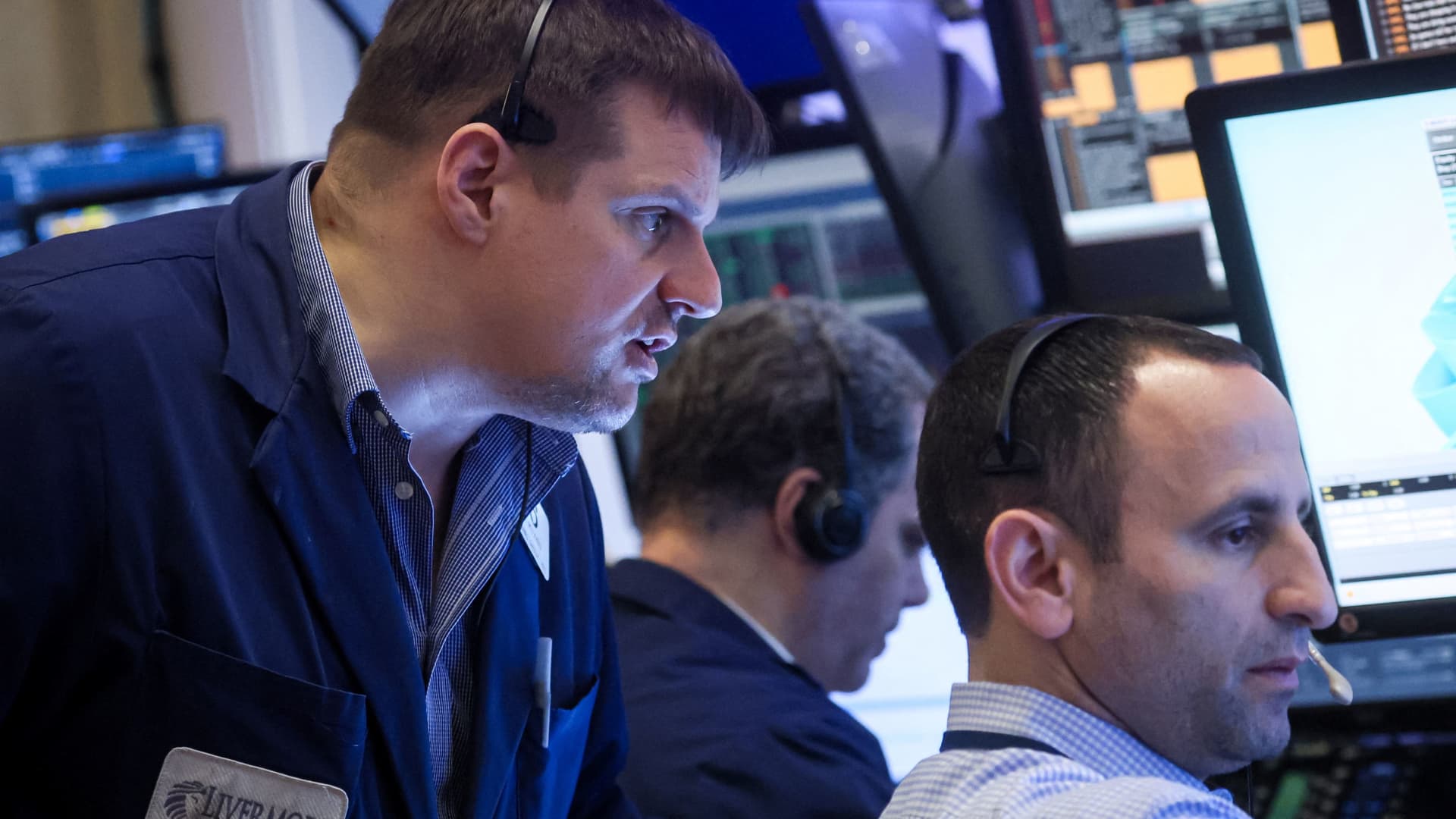Fear gauge shows Wall Street’s worries about a banking crisis have largely subsided

Well, that panic didn’t last too long. S & P 500 futures have been up pre-open every day this week and are again up Thursday, but that’s not what really sticks out. The most notable facts about the trading action this week is how quiet it has been compared to the prior two weeks. The CBOE Volatility Index , which began March at 19 and went to 30 in the middle of the month, is back to 19. .VIX YTD mountain Wall Street’s fear gauge this year Activity in the S & P Bank ETF (KBE) , where normal average volume was one to two million shares a day prior to the banking crisis, saw multiple days with volume over 11 million shares two weeks ago. On Wednesday, a mere 2.7 million shares changed hands, almost back to pre-banking crisis levels. As bond yields have begun to resume a slow climb upward this week, market breadth (the number of stocks advancing versus declining each day) has improved every day this week. Beaten-up sectors like REITs, industrials, and materials, all deeply in the red this month, have begun to turn around this week. If this seems to you all a bit too good to be true, you’re not alone. It’s certainly good news the banking panic is calming down, but it means we will all go back to focusing on inflation, starting with Friday’s Personal Consumption Expenditures (PCE), where core PCE year over year is still expected to be in the 4.7% range. Fed Chair Jerome Powell, when he met with Republican Congressional leaders this week, reminded them that the current forecast calls for at least one more additional rate hike of a quarter percentage point. “Markets are pricing the best of both worlds: a recession that brings inflation down rapidly and keeps rates low, yet one where corporate earnings do not fall sharply,” Barclays’ Ajay Rajadhyaksha said in a note to clients Thursday. “We are skeptical and think both bonds and (US) stocks look expensive.” Indeed: the S & P is currently trading for roughly 18 times 2023 earnings estimates. That would be a pricey multiple even in an economic expansion. In an economic contraction, it constitutes a bit of magical thinking.









